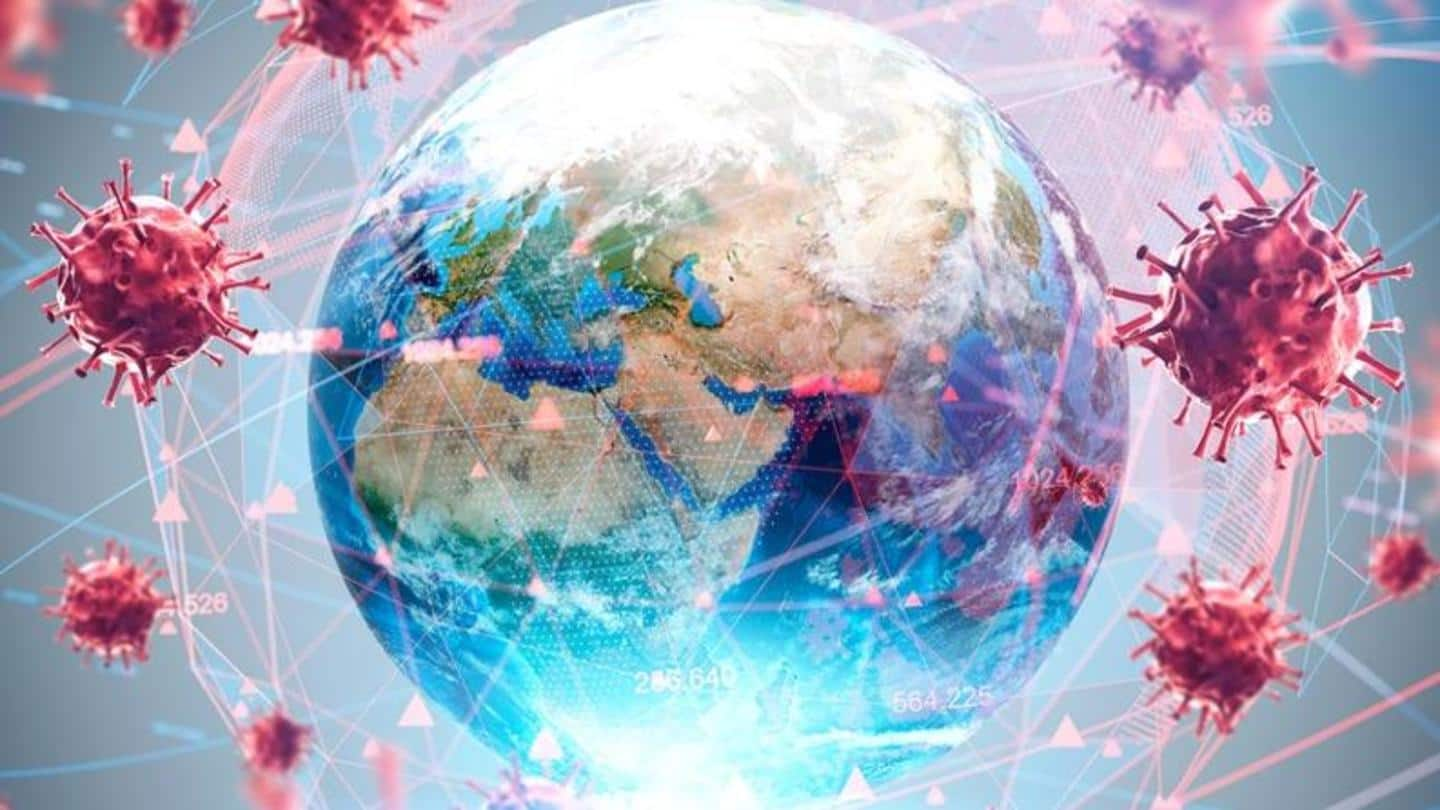
Global eradication of COVID-19 more feasible than polio: Study
What's the story
The global eradication of COVID-19 is more feasible than it is for polio, but considerably less so than it was for smallpox, according to an analysis published in the journal BMJ Global Health on Tuesday. Health experts from the University of Otago Wellington in New Zealand noted that vaccination, public health measures, and global interest in achieving this goal all make COVID-19 eradication possible.
Feasibility
Main challenges lie in securing sufficiently high vaccine coverage
However, they said, the main challenges lie in securing sufficiently high vaccine coverage and respond quickly enough to immune-escape variants of SARS-CoV-2, the virus that causes COVID-19. The authors estimated the feasibility of COVID-19 eradication, defined as "the permanent reduction to zero of the worldwide incidence of infection caused by a specific agent as a result of deliberate efforts."
Details
Three-point scoring system was used in analysis
They compared it with two other viral scourges for which vaccines were or are available, smallpox and polio, using an array of technical, socio-political, and economic factors that are likely to help achieve this goal. The authors used a three-point scoring system for each of 17 variables such as the availability of a safe and effective vaccine, lifelong immunity, effective government management, etc.
Information
The average score added up to 1.6 for COVID-19
The average scores in the analysis added up to 2.7 for smallpox, 1.6 for COVID-19, and 1.5 for polio, the authors said. Smallpox was declared eradicated in 1980 and two out of the three serotypes of poliovirus have also been eradicated globally.
Challenges
Technical challenges include poor vaccine acceptance, emergence of more variants
"While our analysis is a preliminary effort, with various subjective components, it does seem to put COVID-19 eradicability into realms of being possible, especially in technical feasibility," the authors said. They acknowledge that relative to smallpox and polio, the technical challenges of COVID-19 eradication include poor vaccine acceptance, the emergence of more highly transmissible variants that may evade immunity, potentially outrunning global vaccination programs.
Information
There is a global will to tackle the infection: Researchers
The researchers also suggest that the persistence of the virus in animal reservoirs may also thwart eradication efforts, adding, however, this does not appear to be a serious issue. They noted, on the other hand, there is a global will to tackle the infection.
Other details
Various public health measures work in favor of COVID-19
The massive scale of the health, social and economic impacts of COVID-19 in most of the world has generated "unprecedented global interest in disease control and massive investment in vaccination against the pandemic," the authors said. Unlike smallpox and polio, COVID-19 also benefits from the added impact of public health measures, such as border controls, social distancing, contact tracing, and wearing of masks.